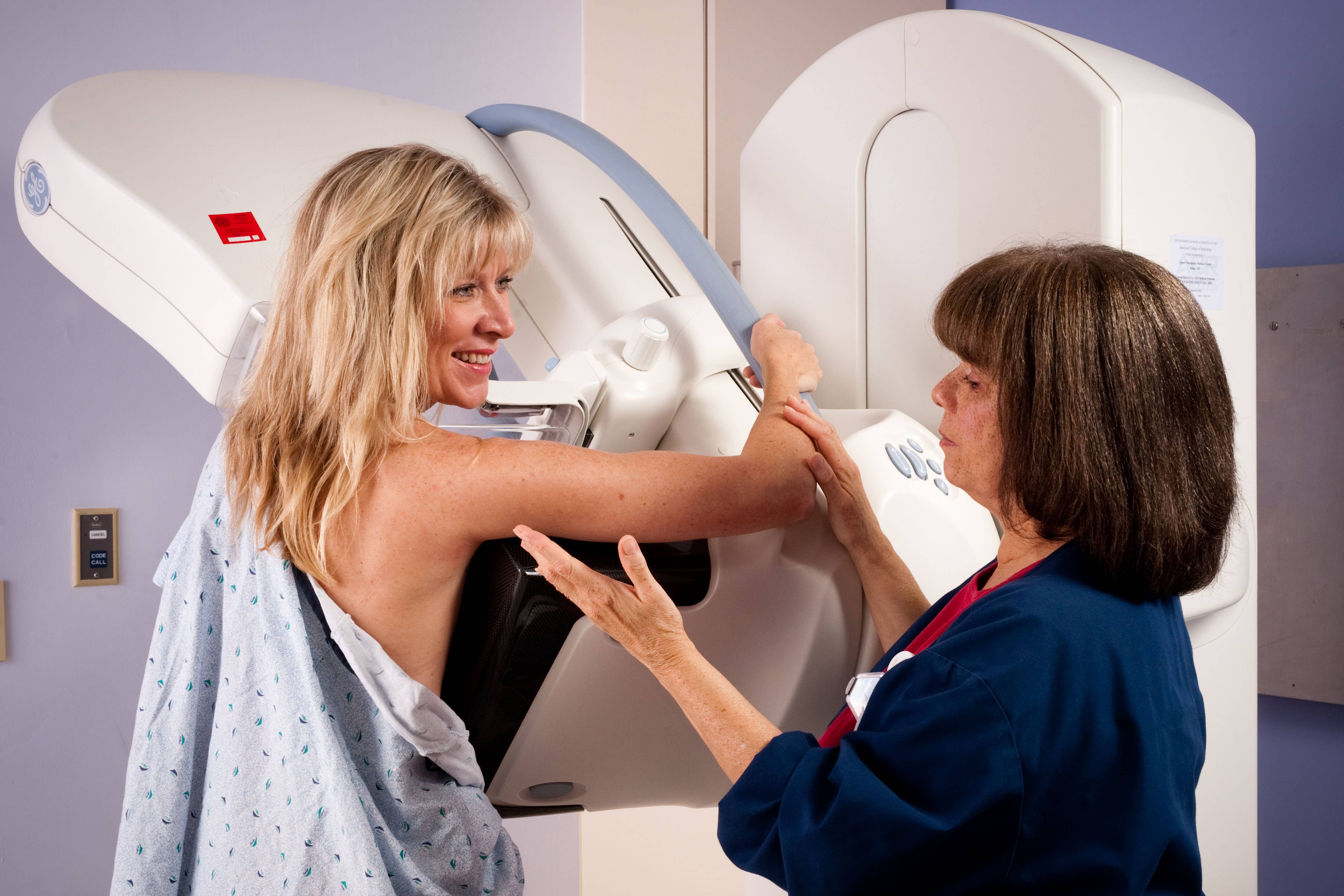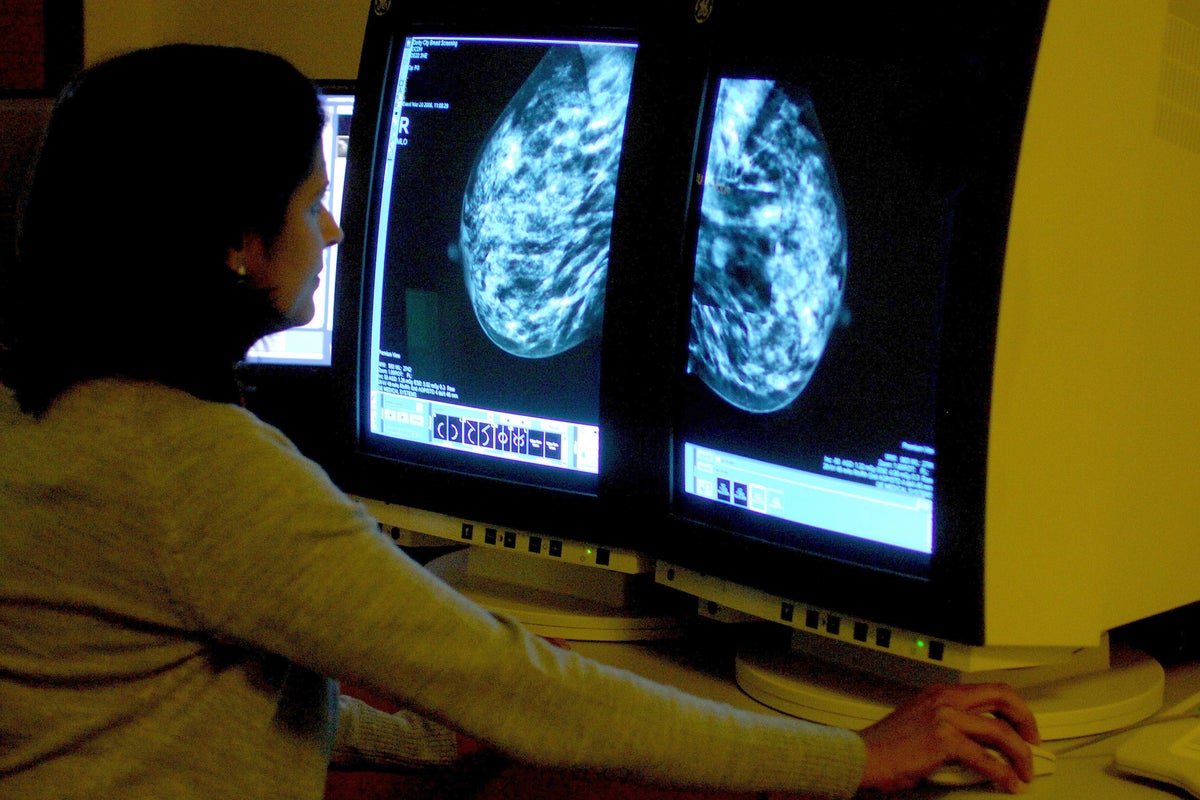A new test for breast cancer patients has been developed which can predict whether or not their cancer is likely to return just two weeks after they start treatment.
Experts said thousands of breast cancer patients could be spared unnecessary treatment as a result.
The new test has been devised by scientists to detect the likelihood of cancer reoccurring in patients with a type of breast cancer known as oestrogen receptor positive, human epidermal growth factor receptor 2 positive – which accounts for around 200,000 cases of cancer each year around the globe.
Writing in the journal eBioMedicine, experts said the test means that some patients will be able to “de-escalate” their treatment while it could also help identify those who need “more intensive therapeutic strategies”.
The test, which was developed by scientists at The Institute for Cancer Research, London, correctly identifies the 6% of patients at highest risk of relapse.
Researchers analysed tumour samples from 213 patients.
They found that two weeks of hormone therapy changes the characteristics of some tumours, causing them to shift their subtype.
The patients with the highest risk of cancer returning had a type of tumour called Luminal B that did not change after this short-term hormone therapy.
Experts said these patients will require more intensive treatment.
They said the findings highlight the benefit of two weeks of hormone therapy before surgery to help guide doctors’ decision making.
Corresponding author of the study, Dr Maggie Cheang, from The Institute of Cancer Research, London, said: “To deliver truly personalised care, we need to refine how we classify breast cancer, so that each patient receives the treatment most likely to benefit them.

“While current classification relies on hormone receptor and HER2 status, we know that patients within these groups can respond very differently to the same therapy.
“Our earlier research identified distinct molecular subtypes within HER2-positive, oestrogen receptor-positive breast cancer. In this new study, we’ve shown that these subtypes can shift after just two weeks of hormone therapy.
“This insight helps us identify which patients are likely to respond well and which may show early signs of treatment resistance, offering the opportunity to tailor treatment strategies sooner.
“Ultimately, our findings move us closer to more precise, patient-centred care for this overlooked breast cancer subtype.”
Professor Kristian Helin, chief executive of The Institute of Cancer Research, London, added: “By decoding the underlying biology of tumours, we can tailor treatments to individual patients.”
Dr Simon Vincent, chief scientific officer at Breast Cancer Now, which part-funded the study, said: “These findings add to the growing evidence that genomic testing can play a powerful role in helping to predict the risk of a woman’s breast cancer coming back, particularly in people with ER-positive, HER2-positive breast cancer.
“There’s potential for women to benefit hugely from this research in the future, with it ensuring they avoid undergoing unnecessary treatment and leading to more personalised treatment plans, so that women receive the most effective therapy for their specific type of breast cancer.”



